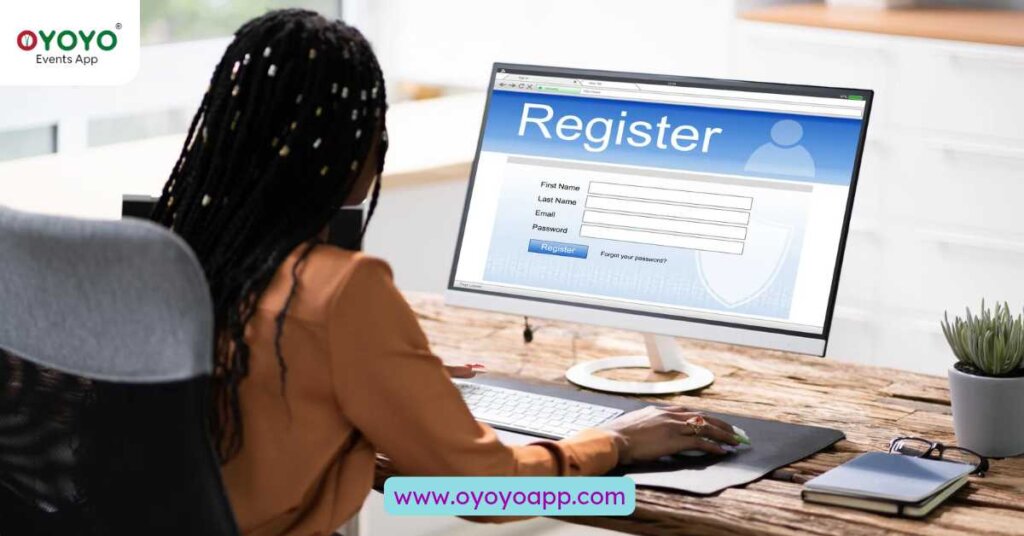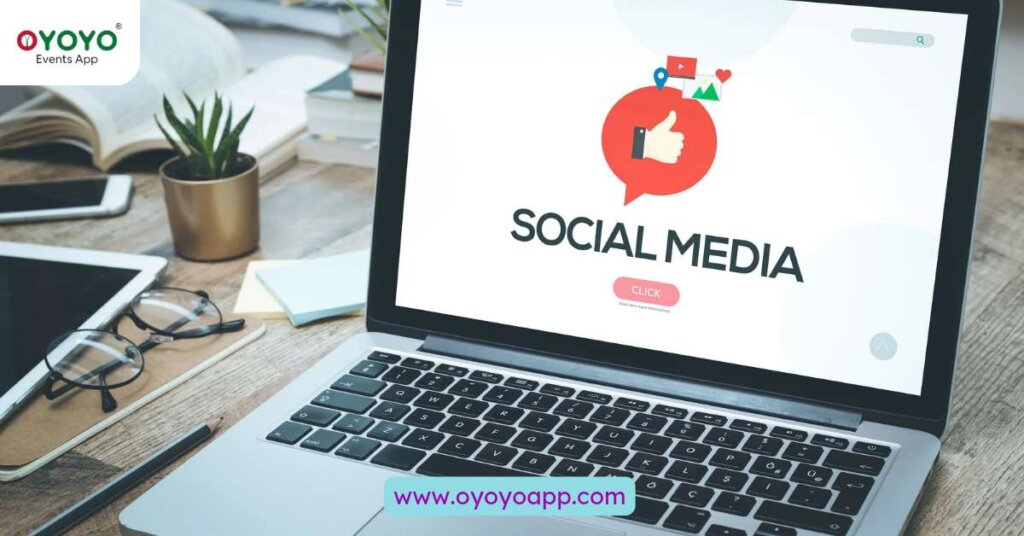
Planning an event is more than just setting a date and securing a venue. A truly successful event hinges on understanding your attendees—who they are, what they need, and how you can give them the best possible experience. That’s why collecting the right event attendee details is not just important—it’s essential.
But what exactly should an event planner or host ask for? What details make a difference? And how do you gather this information without making it feel like an interrogation? Let’s break it down.
1. Full Name and Contact Information
This seems obvious, but it’s worth emphasising. An event attendee details like full name, phone number, and email address serve as the foundation for event communication.
Why It Matters:
- Enables pre-event reminders and updates.
- Helps in follow-ups and post-event engagement.
- Ensures smooth on-site check-in and ID verification, if required.
How to Collect It:
- Online registration forms with autofill features.
- Event apps that allow for easy profile creation.
- QR code sign-ups at entry points for in-person events.
2. Ticket Type or Registration Category
For large events with multiple access levels—such as general admission, VIP, or special guest passes—this detail is crucial for seamless entry and seating arrangements.
Why It Matters:
- Ensures smooth check-ins and avoids confusion at entry points.
- Helps planners allocate resources, seating, and special privileges.
- Allows for tiered experiences, such as premium seating or backstage access.
How to Collect It:
- Use a drop-down menu in the registration form.
- Send confirmation emails with ticket details to avoid mix-ups.
3. Dietary Preferences and Restrictions

If food is part of your event, this is a non-negotiable event attendee details to collect. Attendees may have allergies, religious dietary restrictions, or personal food preferences.
Why It Matters:
- Prevents health risks and allergic reactions.
- Shows thoughtfulness and inclusivity.
- Enhances the overall experience with a tailored menu.
How to Collect It:
- Include a simple tick-box section during registration.
- Offer an open text box for specific details.
- If the event is small, a quick follow-up email can personalise the experience.
4. Accessibility Needs
Not all attendees have the same level of mobility or sensory abilities. Collecting accessibility-related event attendee details ensures that everyone feels comfortable and included.
Why It Matters:
- Helps with seating arrangements and venue accessibility.
- Ensures provisions like sign language interpreters, ramps, or assistive technology.
- Supports a diverse and inclusive audience.
How to Collect It:
- Add a dedicated section in the registration form.
- Offer a confidential contact option for special requests.
- Collaborate with vendors who specialise in accessibility solutions.
5. Event Goals and Interests
What do attendees hope to gain from your event? Whether it’s networking, learning, or entertainment, knowing their goals allows you to deliver on expectations.
Why It Matters:
- Helps customise content (e.g., workshops, speakers, activities).
- Guides networking opportunities and group discussions.
- Enables targeted post-event marketing for future engagement.
How to Collect It:
- Use multiple-choice questions (e.g., “What interests you most?”).
- Conduct pre-event polls via email or social media.
- Offer suggestions based on past events.
6. Preferred Communication Channels
Not everyone checks their email daily, and some prefer text messages over WhatsApp. Knowing how attendees want to be contacted can improve response rates.
Why It Matters:
- Avoids missed information due to poor communication methods.
- Increases engagement and event reminders.
- Helps you refine future marketing efforts.
How to Collect It:
- Include a “How do you prefer to be contacted?” option in your forms.
- Analyse past open rates and response trends.
- Offer mobile app notifications as an alternative.
7. Session or Workshop Preferences
For conferences, training programs, or multi-session events, knowing which sessions attendees are most interested in helps organisers plan accordingly.
Why It Matters:
- Prevents overcrowding in popular sessions.
- Ensures a balanced distribution of participants across workshops.
- Helps speakers and facilitators prepare better for their audience.
How to Collect It:
- Offer a selection menu during registration.
- Use AI-driven attendee matching tools for personalised recommendations.
8. Arrival & Departure Times

For events that involve transportation, accommodation, or airport pickups, knowing when attendees arrive and leave is invaluable.
Why It Matters:
- Helps with transport coordination (e.g., shuttles, airport pickups).
- Ensures smooth hotel check-ins for travelling guests.
- Minimises delays in event scheduling due to late arrivals.
How to Collect It:
- Include an optional travel details section in the registration form.
- Use automated reminders to confirm arrival details closer to the event date.
9. Accommodation Needs (If Applicable)
For multi-day conferences or destination events, some attendees may need help with hotel bookings.
Why It Matters:
- Ensures participants have comfortable and convenient lodging.
- Helps organisers negotiate group discounts for hotels.
- Avoids last-minute booking stress for attendees.
How to Collect It:
- Offer hotel partnership options during sign-up.
- Provide a dedicated support team to assist with accommodation requests.
10. Emergency Contact Information
An often-overlooked detail that could be life-saving in case of medical emergencies or security incidents.
Why It Matters:
- Ensures quick response in emergencies.
- Provides peace of mind for attendees and organisers.
- Helps security teams handle urgent situations efficiently.
How to Collect It:
- Keep it optional but recommended.
- Store it securely to respect privacy.
- Inform attendees how and when it will be used.
11. Social Media Handles (Optional, but Valuable!)

In today’s digital world, social media plays a huge role in event marketing. Asking for social handles can help with engagement, follow-ups, and event buzz.
Why It Matters:
- Enables tagging in event highlights and recap posts.
- Helps create a community for future events.
- Encourages user-generated content and social proof.
How to Collect It:
- Add a field for Instagram, LinkedIn, or Twitter handles.
- Incentivise sharing by offering giveaways for tagged posts.
- Create an event hashtag and encourage attendees to use it.
Making Data Collection Smooth & Hassle-Free
Now that we know what information to collect, the next question is: How do we collect it without overwhelming attendees?
Here are some pro tips:
✅ Keep registration forms short and intuitive.
✅ Make use of progress indicators to show form completion status.
✅ Offer incentives like early-bird perks for completing details.
✅ Use a centralised event management app to streamline everything.
This is where AI Powered Event Apps come in. These platforms make it seamless to gather, manage, and use attendee data in a way that enhances event experiences without the hassle. Whether you’re a planner, host, or vendor, having the right attendee details at your fingertips makes all the difference.
Final Thoughts
The success of any event depends on the details. When planners take the time to collect meaningful attendee information, it elevates the experience for everyone involved. From smooth check-ins to personalised experiences, these details can transform an ordinary event into an unforgettable one.
If you’re looking for a simple, efficient, and stress-free way to collect and manage attendee details, Oyoyo Events App is built just for that. Because in the world of events, it’s not just about numbers—it’s about people, experiences, and connections.